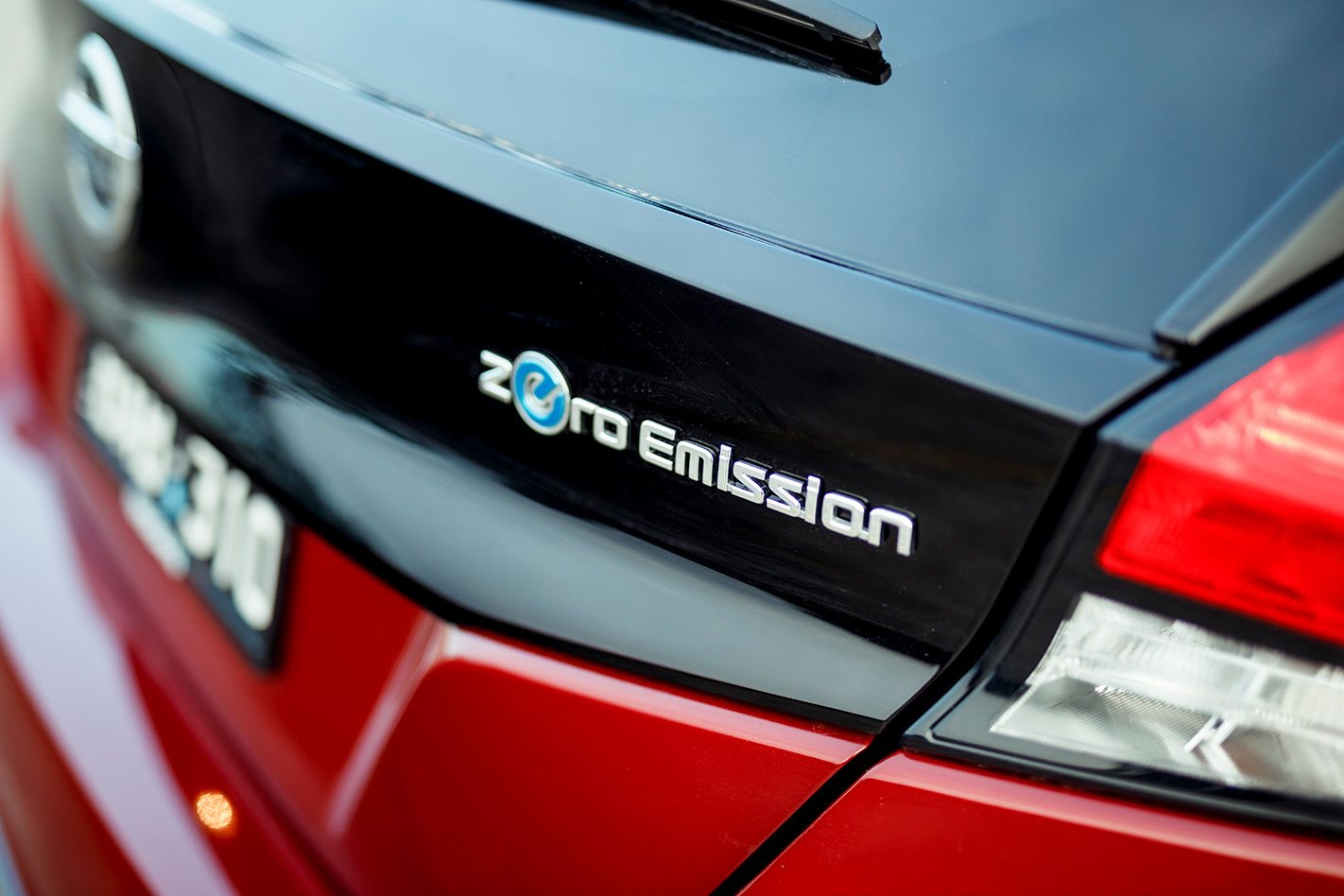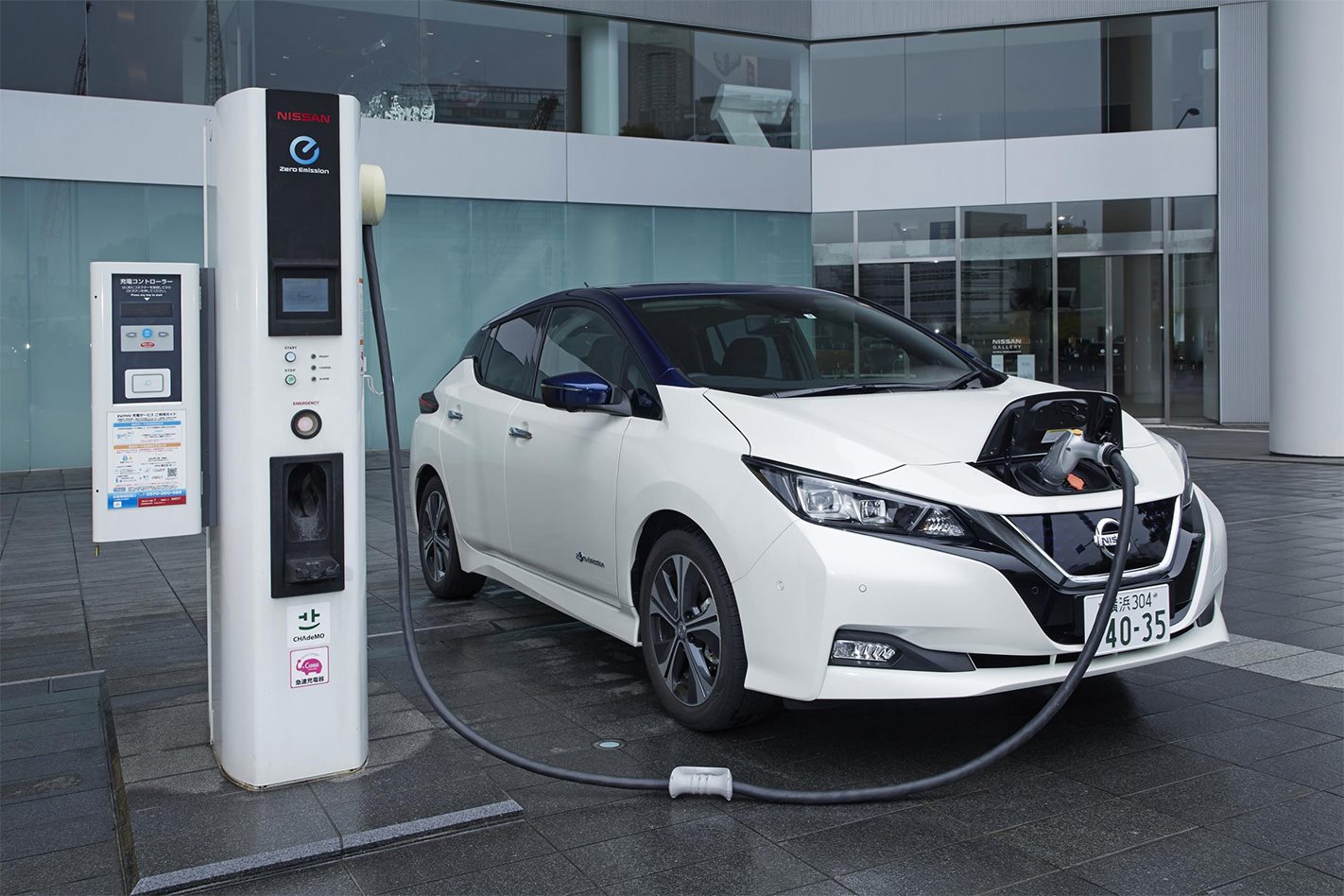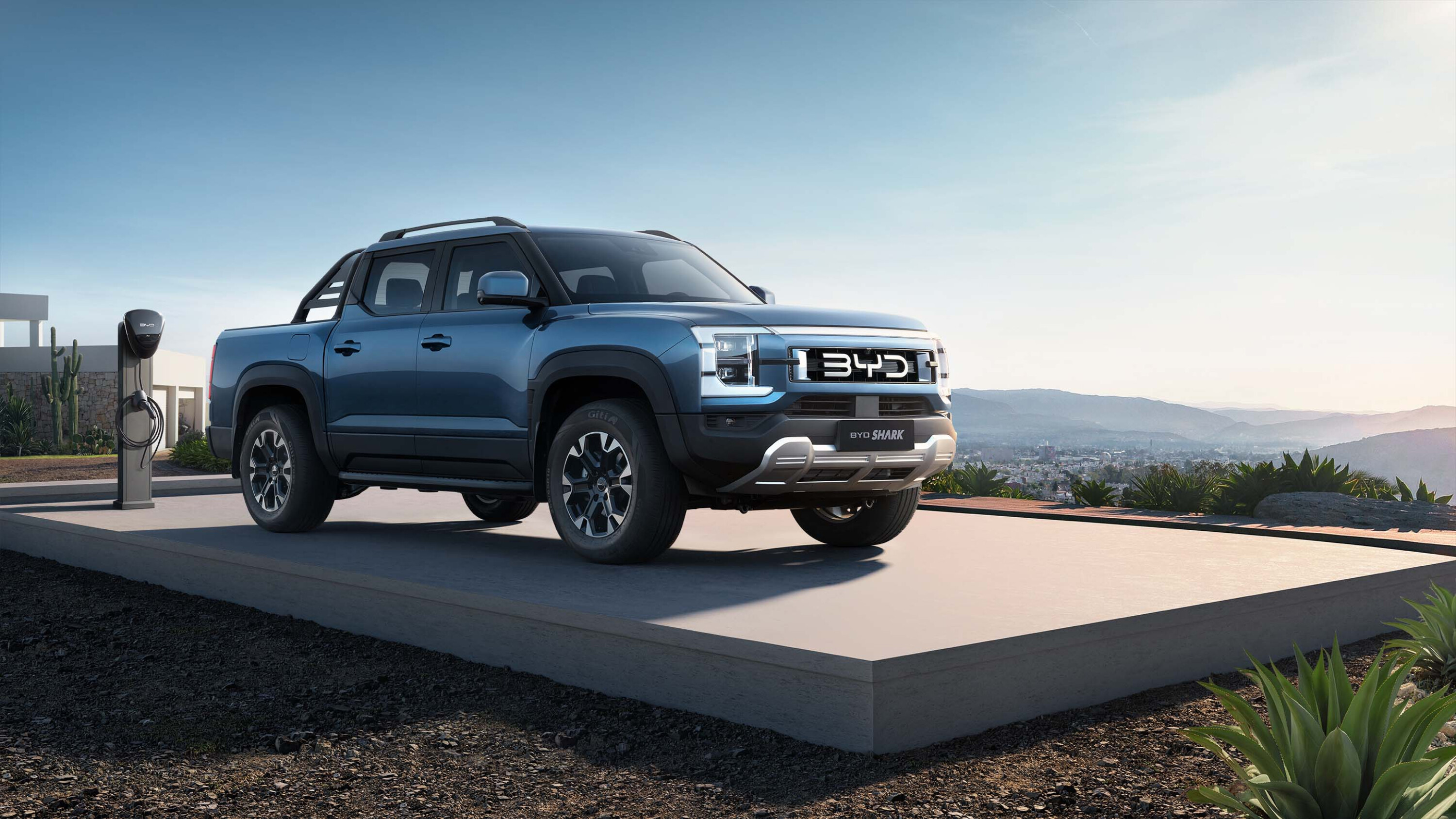
Snapshot
- IPCC warns greenhouse gas emissions still rising
- u2018High confidenceu2019 in EVs to reduce land-based transport carbon footprint
- u2018Medium confidenceu2019 in low-emissions hydrogen, biofuels in commercial transport
The latest 2023 report from the Intergovernmental Panel on Climate Change (IPCC) highlights that there are “multiple, feasible and effective options” available now for climate action, including electrifying transport.
The IPCC, which is made up of thousands of scientists and academics globally, reinforced the urgent need to reduce greenhouse gas emissions as it continues to rise and cause intense heat waves, heavier rainfall, and natural disasters – five years after it called for the need to keep global warming to 1.5-degrees celsius above pre-industrial levels.
Measures include; access to renewable energy, low-carbon vehicle electrification, public transport, cycling and walking to improve air quality, claiming: “The economic benefits for people’s health from air quality improvements alone would be roughly the same, or possibly even larger than the costs of reducing or avoiding emissions.”

The United Nations body also assessed ‘high confidence’ in electric vehicles powered by low greenhouse gas emissions energy sources to reduce the land-based transport carbon footprint lifecycle, improving production processes, and a circular material economy.
However, ‘medium confidence’ was labelled on sustainable biofuels, low-emissions hydrogen, and derivatives such as synthetic e-fuels to mitigate emissions in shipping, aviation, and heavy-duty land transport industries – but all require “production process improvements and cost reductions”.
“The greatest gains in wellbeing could come from prioritising climate risk reduction for low-income and marginalised communities, including people living in informal settlements,” the IPCC report’s co-authors, Christopher Trisos, said.

In 2021, the IPCC warned of a ‘code red’ for humanity – projecting global warming of two-degrees celsius will be exceeded during the 21st century and the 1.5-degree target will be met or over-shot in the next 20 years.
But, to keep on track for the latter, current emissions should be almost halved by 2030.
A recent report commissioned by electric vehicle companies Polestar and Rivian revealed that the automotive industry is set to pass the 1.5-degree threshold by at least 75 per cent by 2050.
Both brands warn simply switching into an EV is not enough to curb the climate crisis; a three-prong approach is needed, including owners recharging EVs from renewable energy sources and carmakers ensuring a sustainable supply chain.




